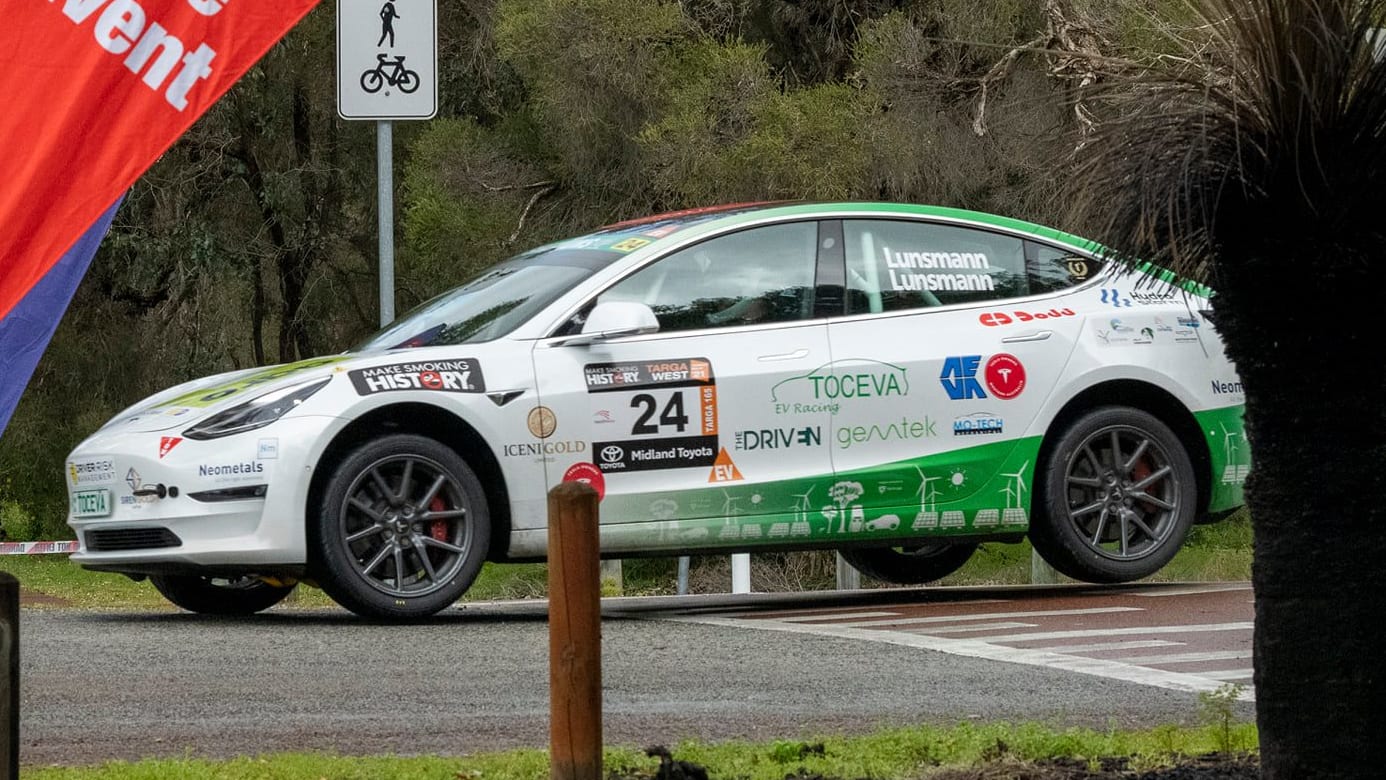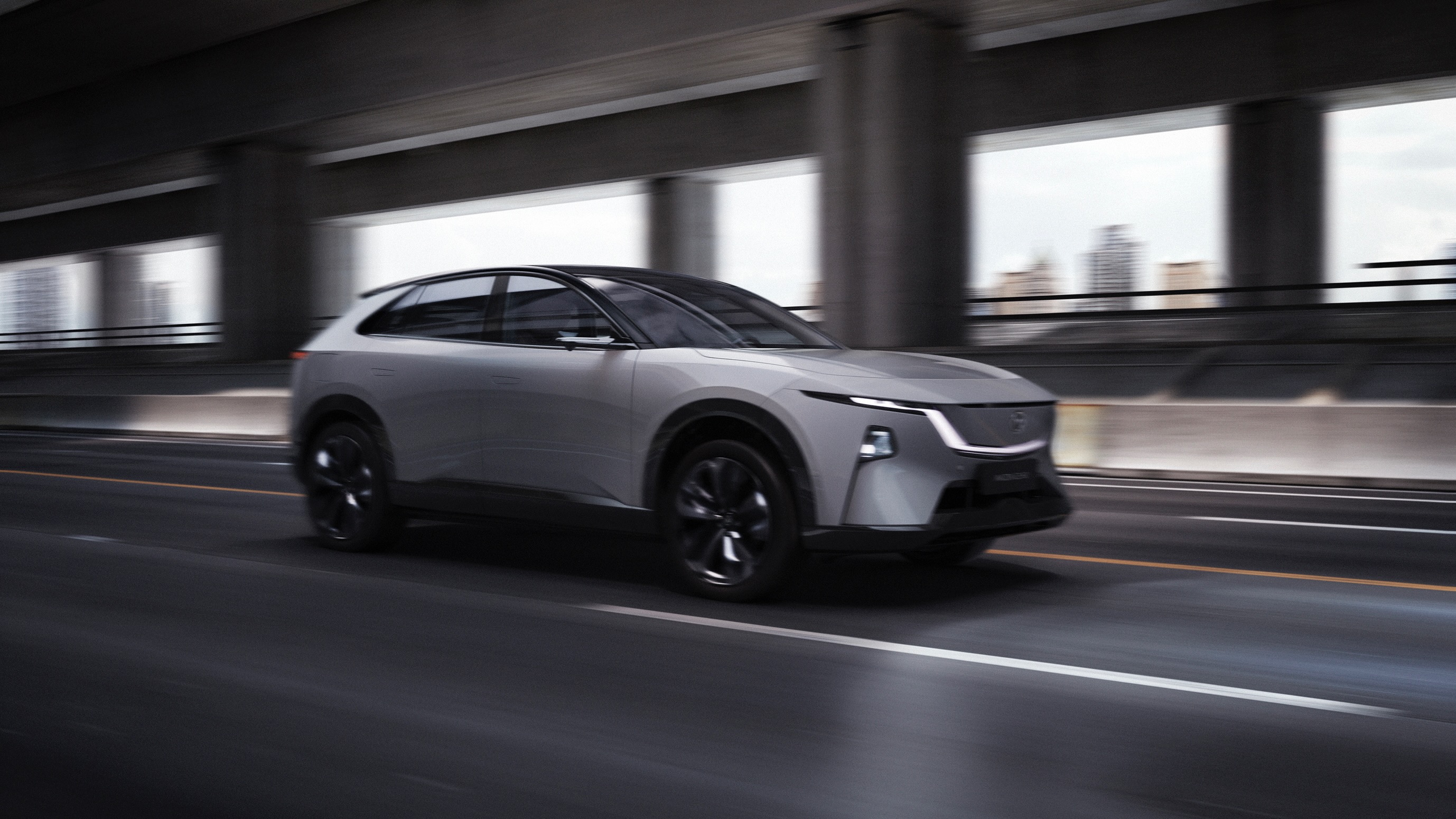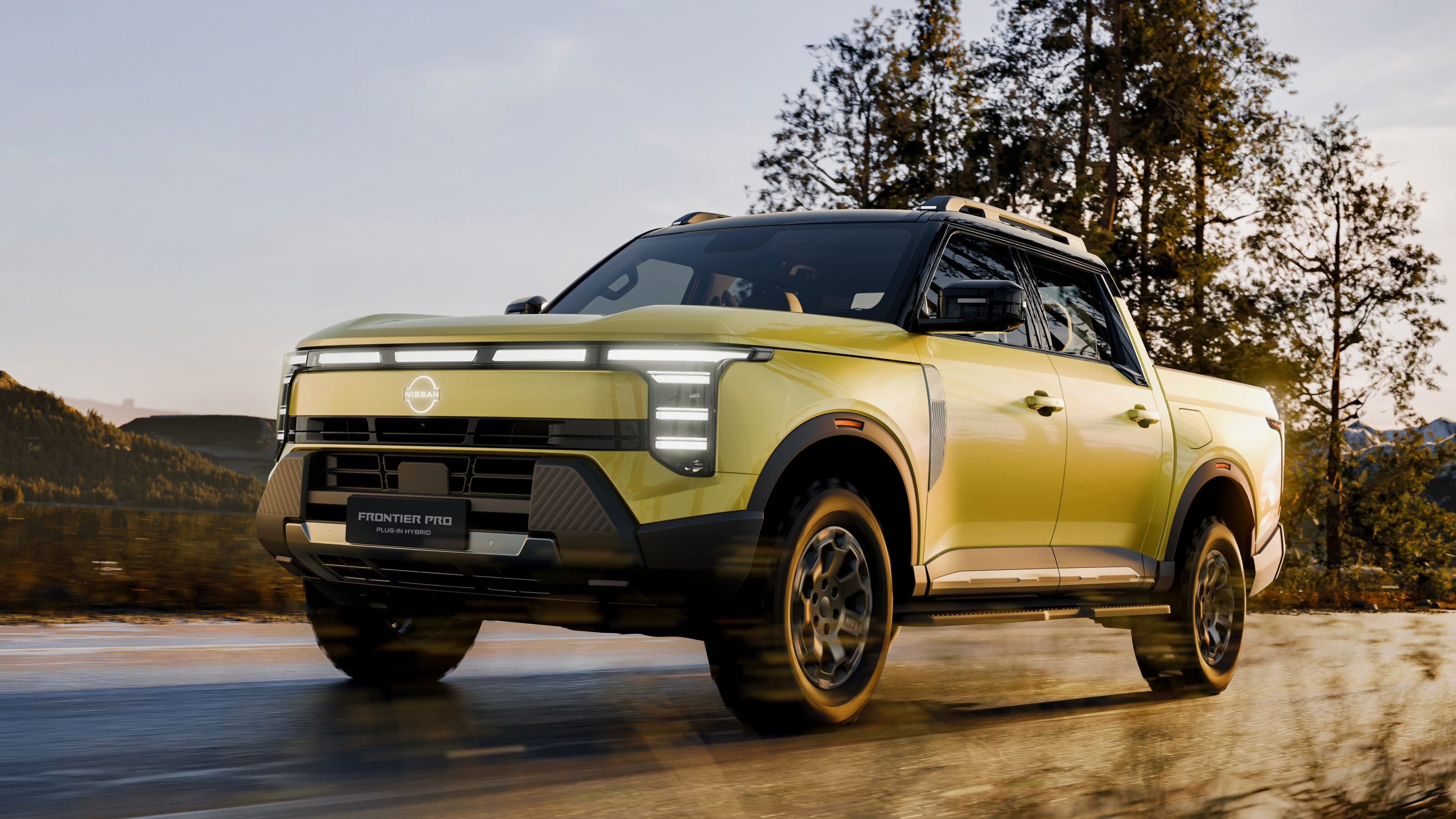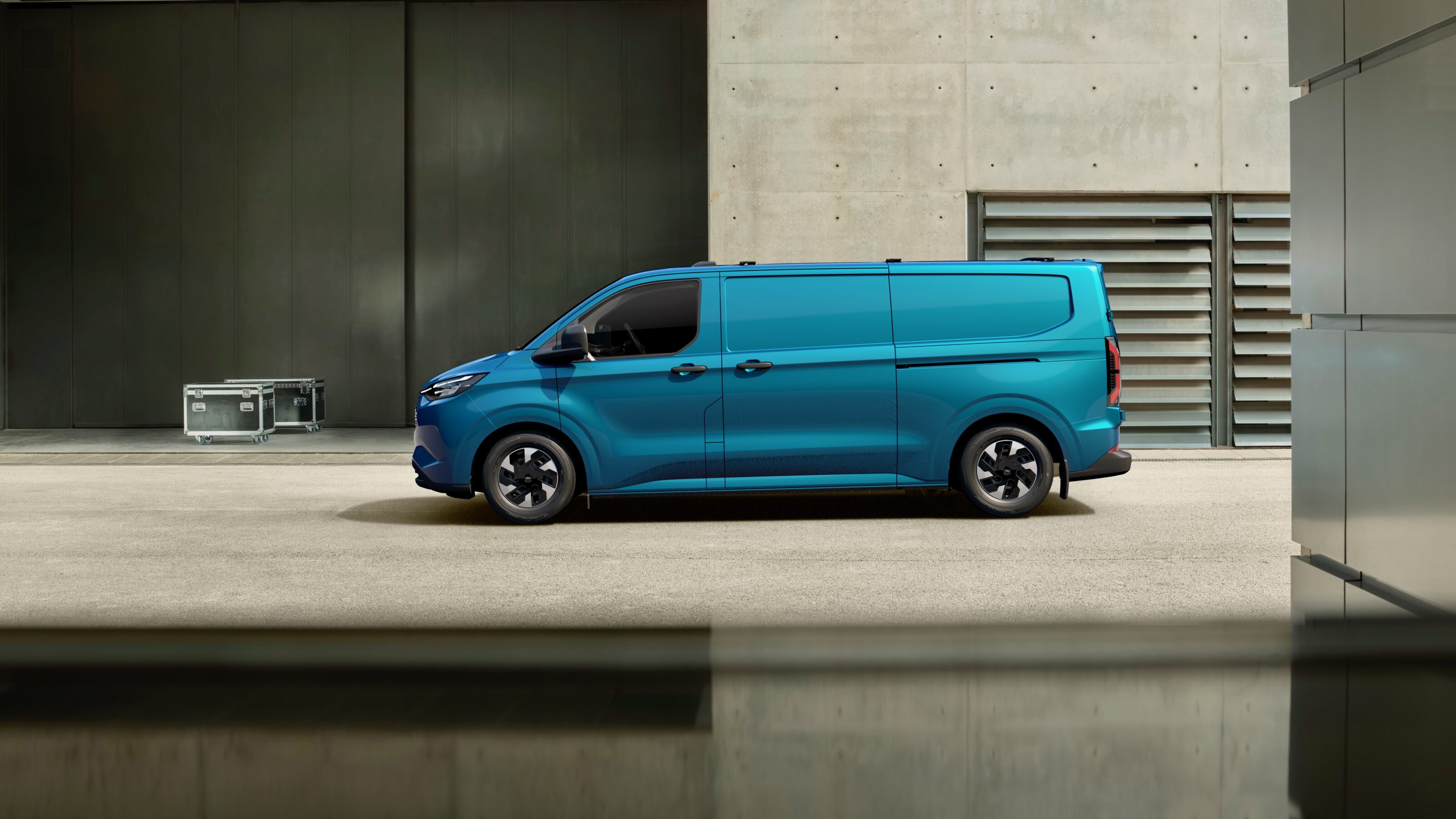Snapshot
- 165 category less suited to EV
- Lack of charging a prime concern
- Creative thinking kept the car charged
In October 2020, Jurgen Lunsmann took a Tesla Model 3 to victory in the 130km/h class of the Targa West rally. The driver brought home the event’s lone EV without drama, declaring the battery-powered sedan unbeatable at legal road speeds.
The car, owned by a retired resources engineer Jon Edwards, was run by the Toceva Racing team. The team was formed by members from the West Australian Tesla Owners Club and the Australian Electric Vehicle Association.
Lunsmann, with his wife Helen in the left-hand seat calling the notes, won the 165 class, which is the middle of the three categories that make up the tarmac rally field. Not only did the car compete in the 2020 event, the WA pair has also taken on the Shannons Rallysprint series, placing fourth at the Perth Motorplex event in January.
Lunsmann told the ABC that the first year he endured the usual lame jokes about extension cords – numbering them at 200 – halving in its victorious second year and this year he says there were none.
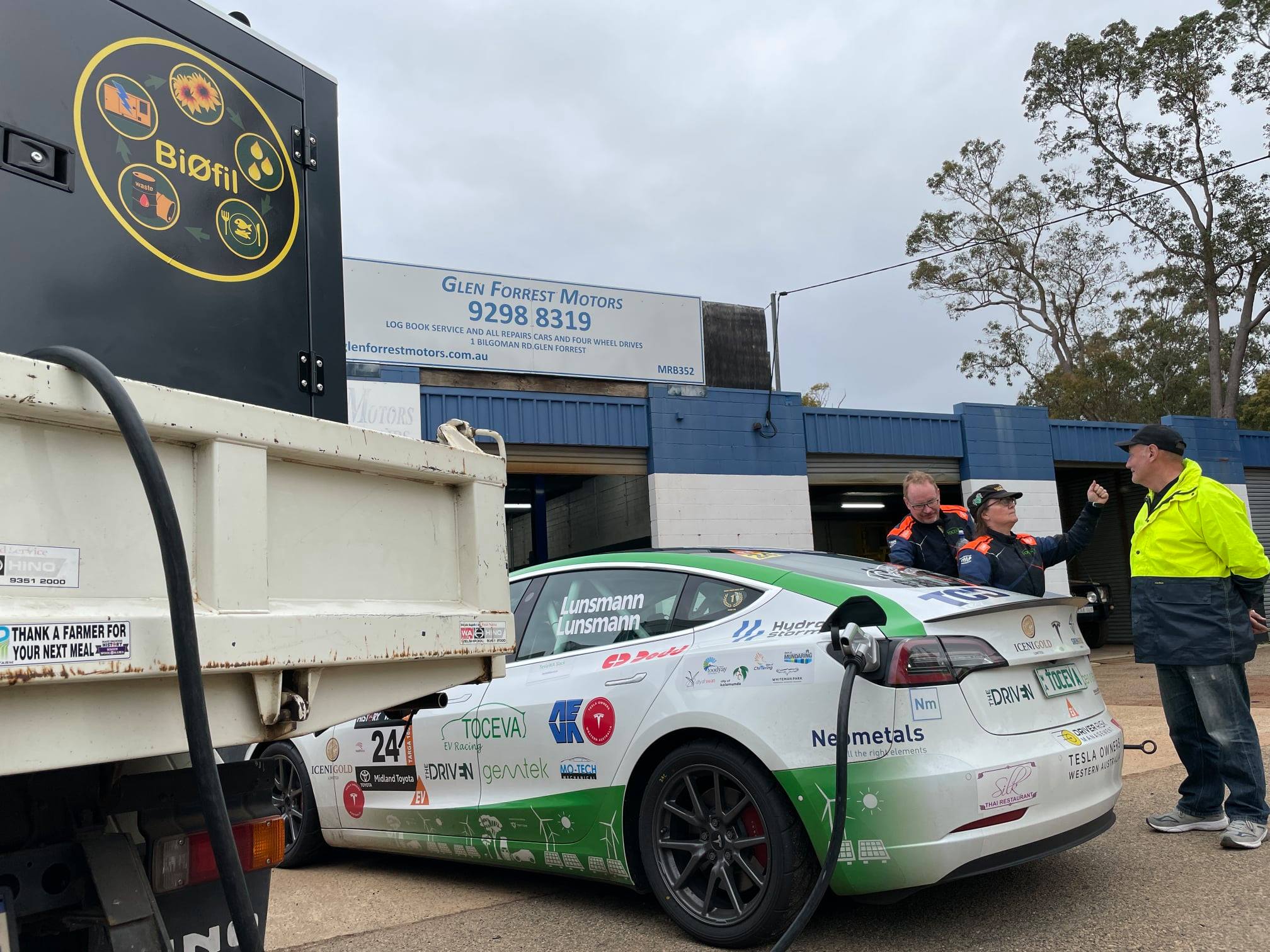
Stepping up to the 165 class, the team knew the challenge was a big one as the higher speeds of the intermediate class are less suited to EVs. As speeds rise, so does aerodynamic resistance. Put fairly crudely, drag squares with speed and Lunsmann found this resulted in every kilometre of racing ripping through the battery at a faster rate.
To put it into context, the team’s testing found that for every kilometre at 200km/h, the Model 3 took 2.5 per cent of battery capacity, reducing its effective range to just 40km.
The team cooked up a plan to keep the Model 3 charged. You’ll have to excuse the pun because one of the power sources was a bio-diesel generator fed by used cooking oil. The team assembled a small army of charging options for the four-day, 1000km event, knowing that the battery would empty long before the end of each day’s competition.
Unlike the jerry cans used by the rest of the competitors, this would be a huge undertaking to cover off the Model 3’s power needs given the remoteness of the locations and lack of fast-charging equipment.
Along with the bio-diesel generator, the team also took another electric vehicle with the capability to charge the race car as well as a salvaged battery on the back of a truck. The strategy was to plug in every time the car was stationary for more than a few minutes.
Tarmac rallying does involve a fair amount of waiting around, which is more than enough time for a petrol car to chug down on jerry cans, but an EV’s charging rate is slower, the equivalent of a cup of petrol every minute according to car owner Edwards.
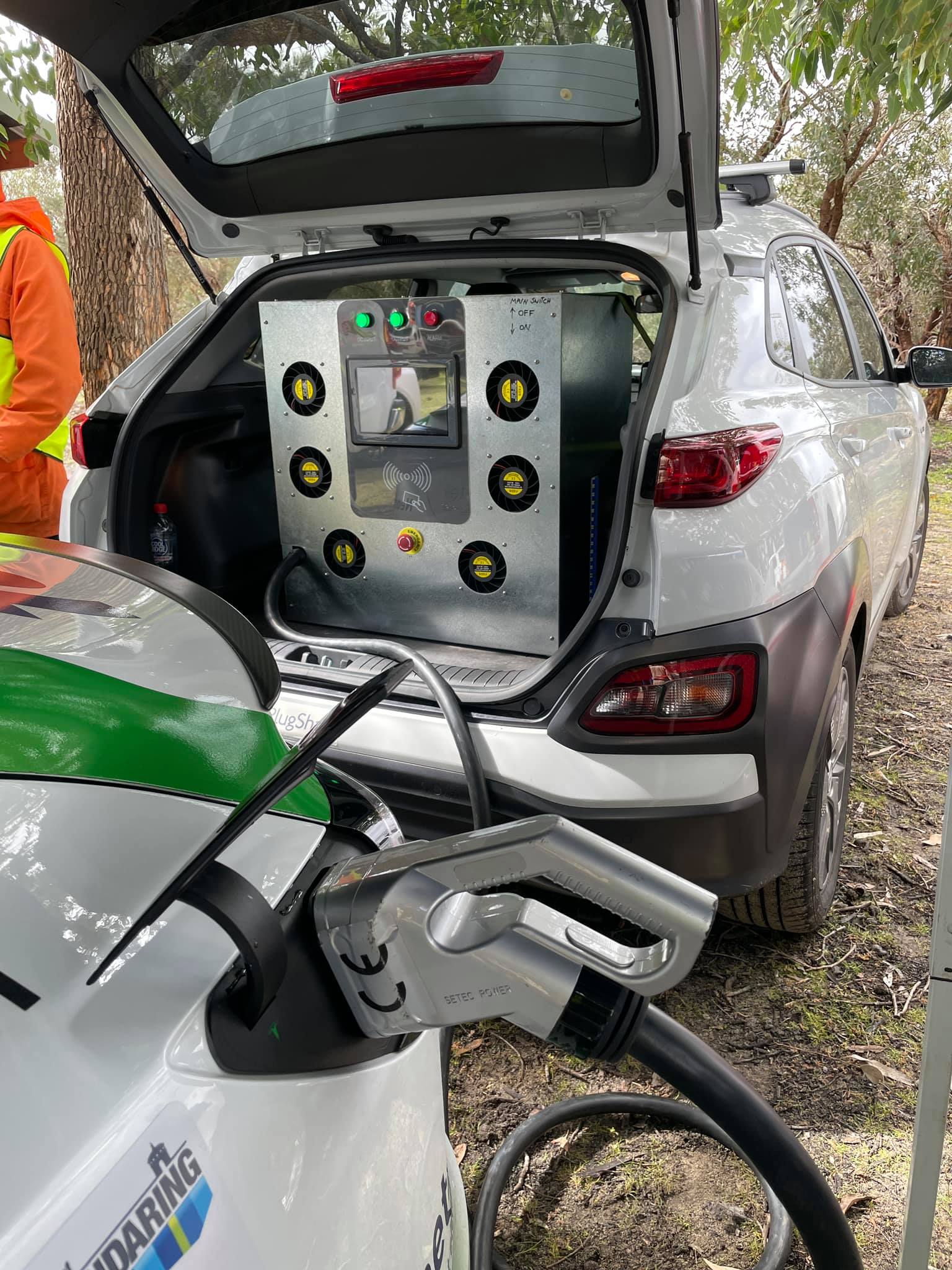
EV racing is nothing new, of course. Formula E is getting stronger and more interesting as the cars improve. This year’s Monaco race saw the entire Grand Prix track in use and drivers no longer have to leap from one car to another during a race to make it to the end.
Jaguar’s i-Pace racing series supported the Formula E events for the first few seasons and Australia’s Molly Taylor is winning races in the Nico Rosberg-owned Extreme E off-road racing series.
Tarmac rallying is the last frontier, it seems, with few cars apart from Toceva Racing’s running regularly in the sport. While the team got creative and dreamt up a solution to the perennial charging problem facing EV owners on the road let alone in motorsport, it certainly shows the potential of an EV.
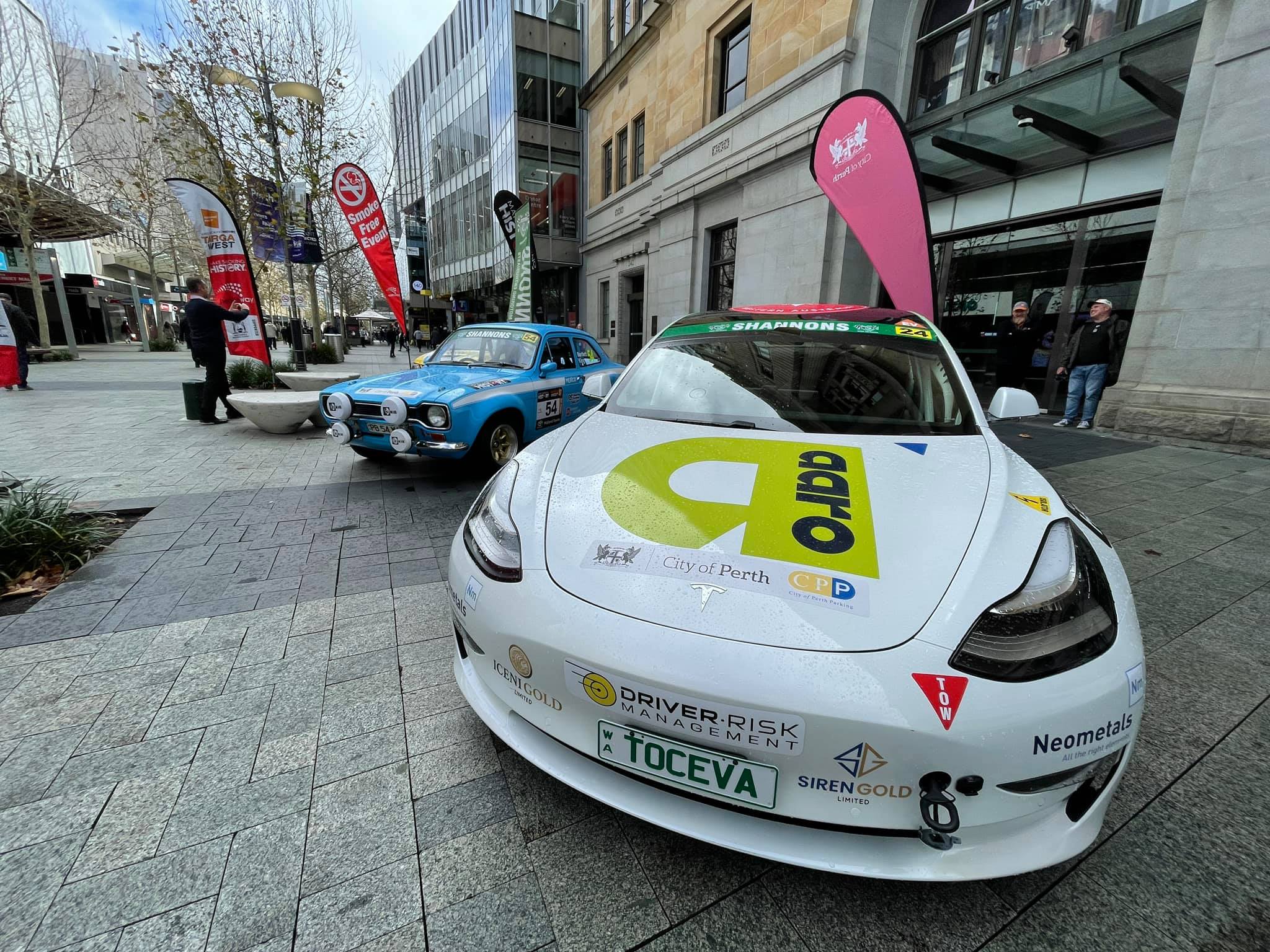
We recommend
-
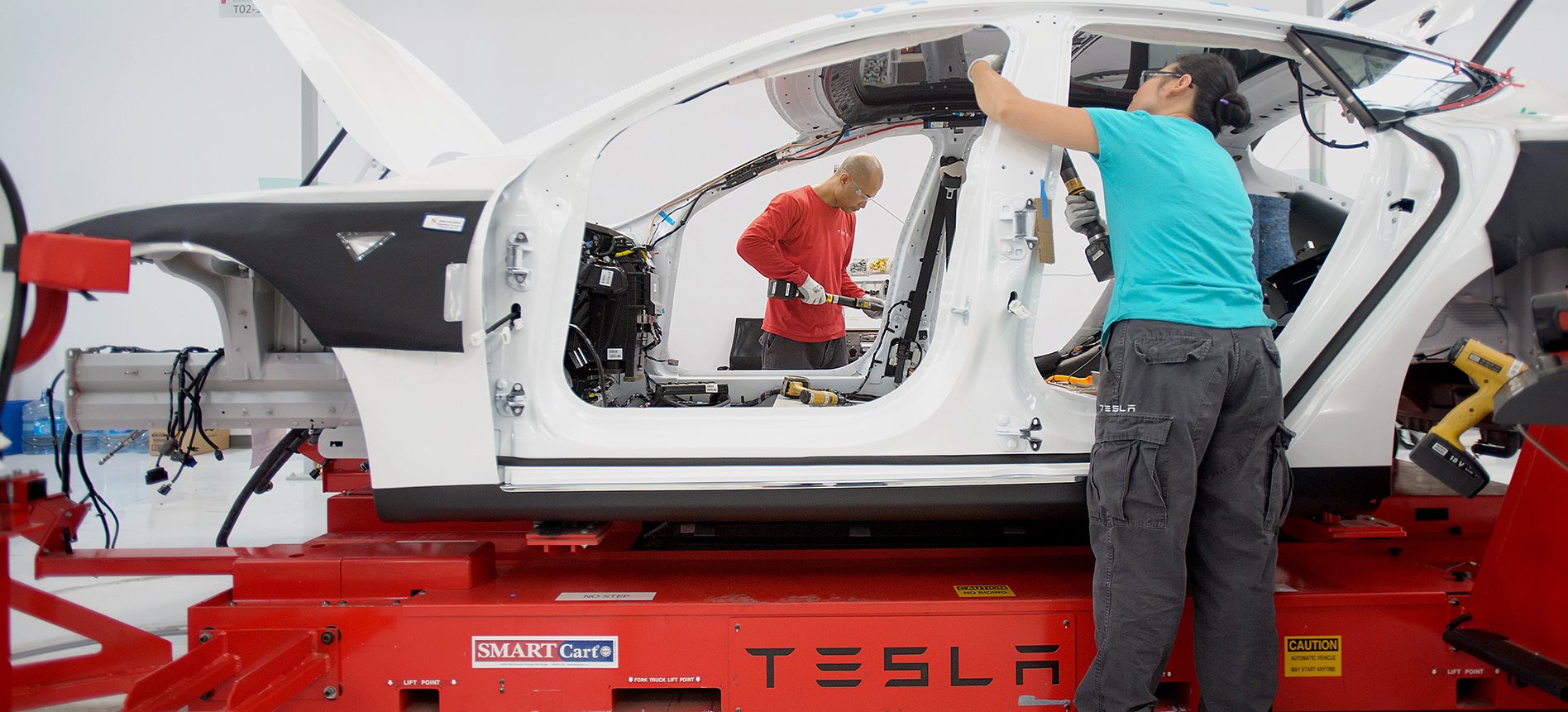 News
NewsBudget Tesla reportedly coming in 2023, may be fully autonomous
The US$25,000 (AU$33,534) EV has been on Musk’s radar for some time
-
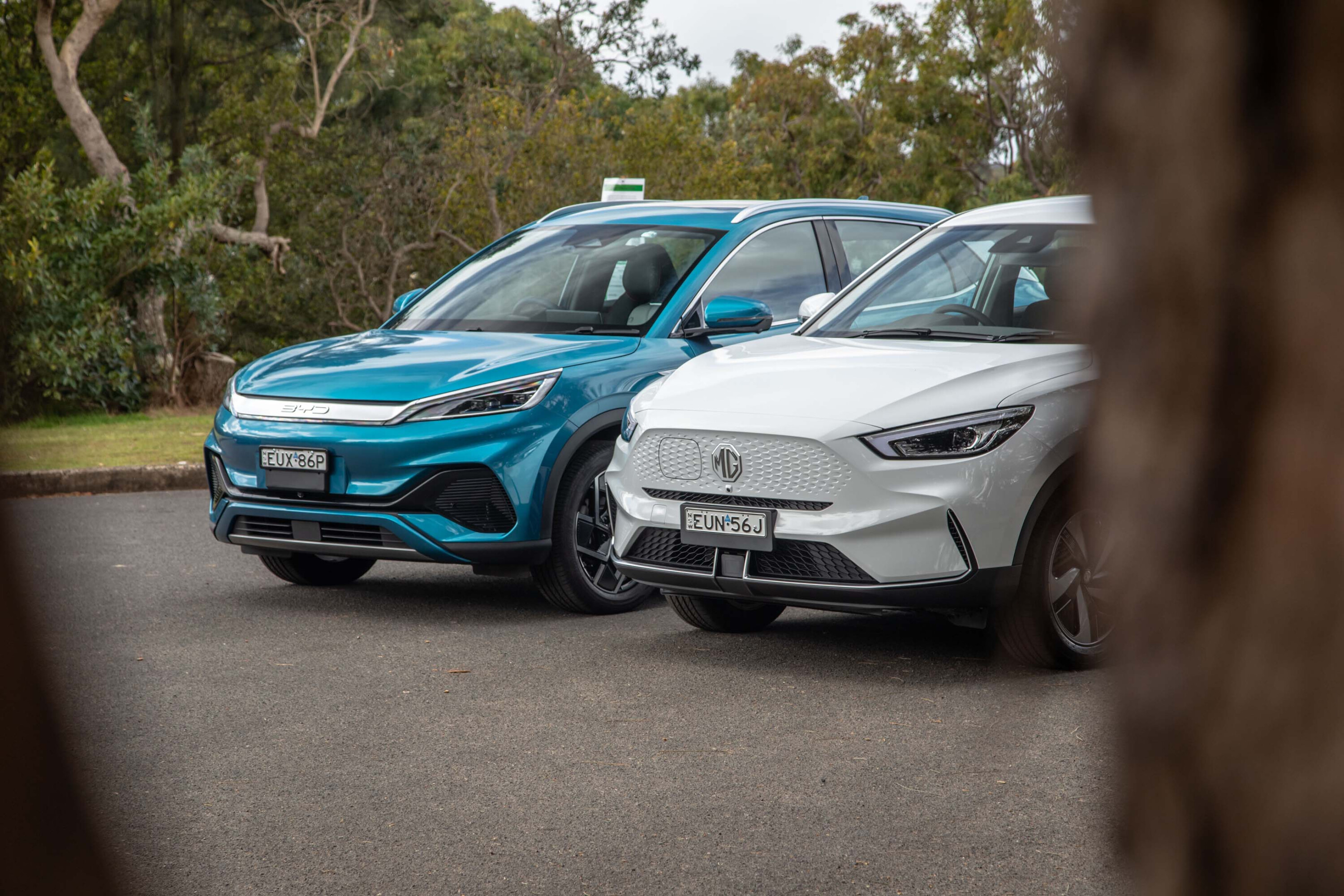 Advice
AdviceDetailed: The cheapest EVs under $60K in Australia
We detail every sub-$60K before on-roads new EV on sale in Australia, including pricing, features and warranties
-
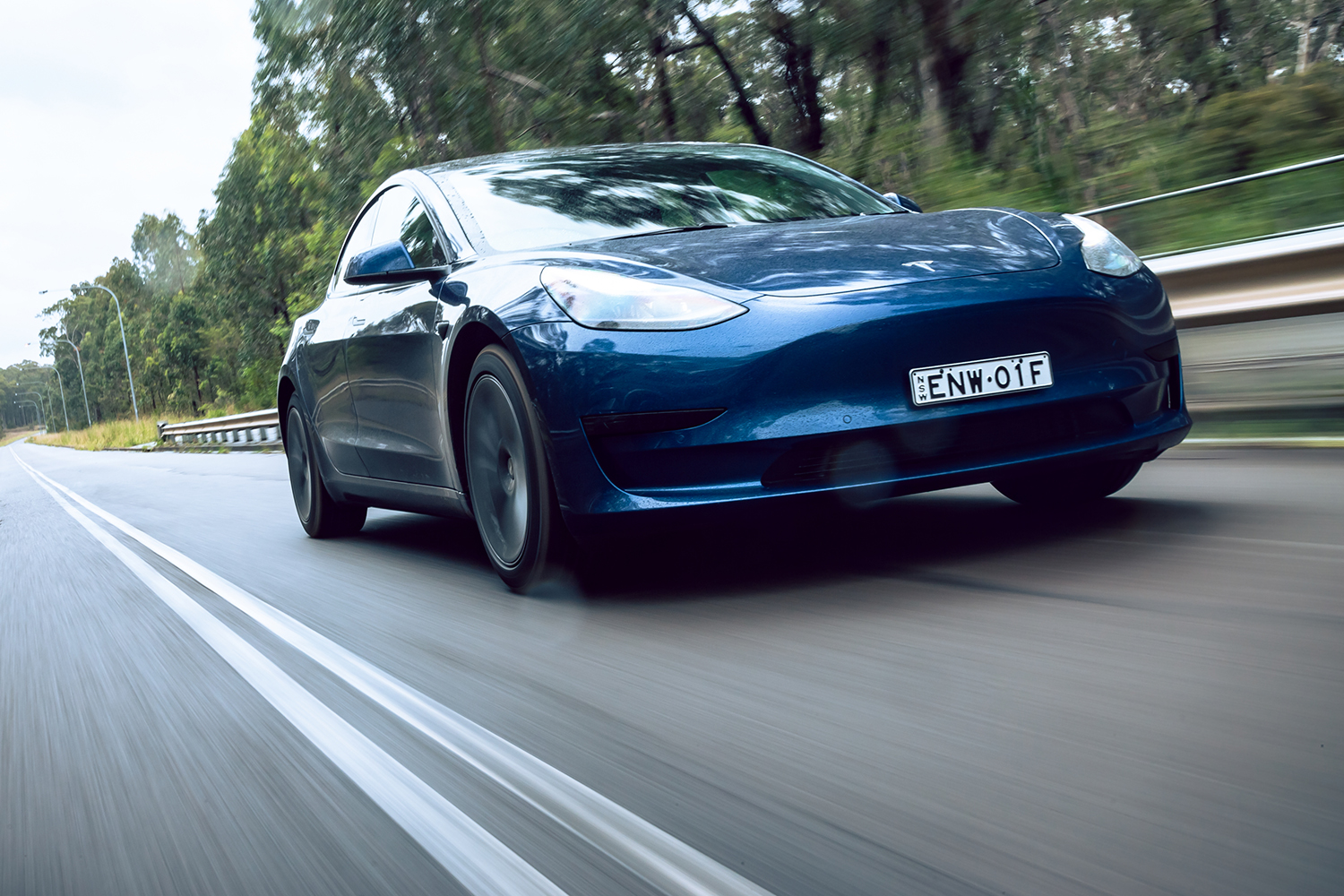 News
NewsTesla Model 3 price cut again – UPDATE
The cost of Tesla’s most popular model has reduced again


